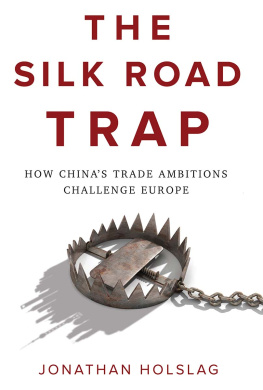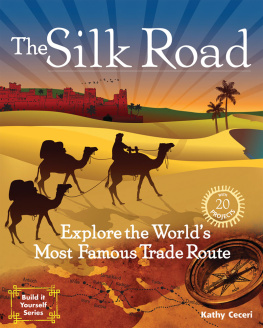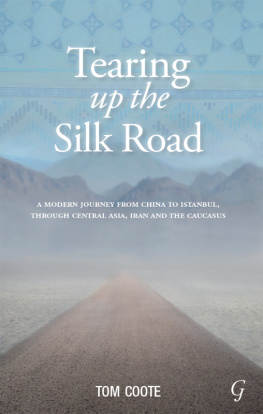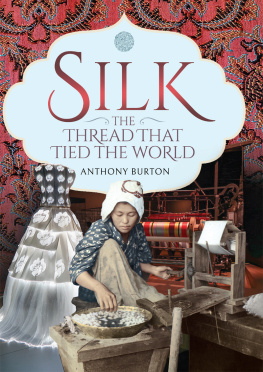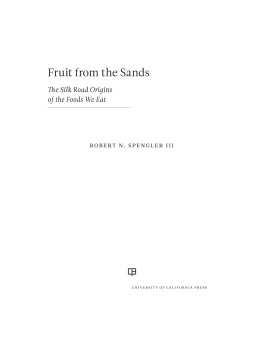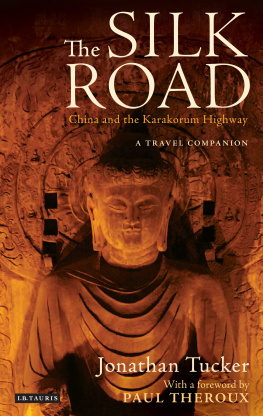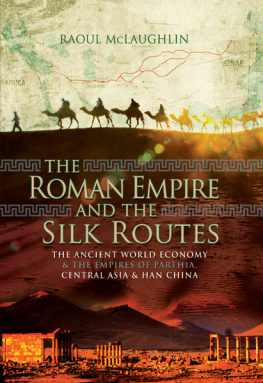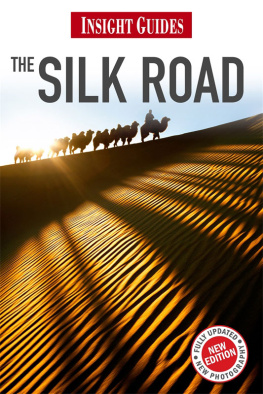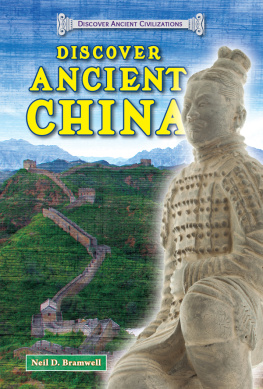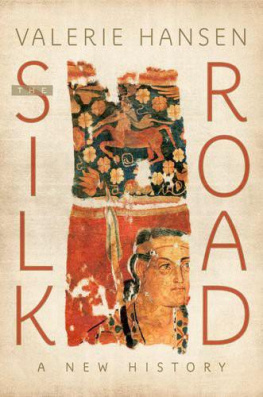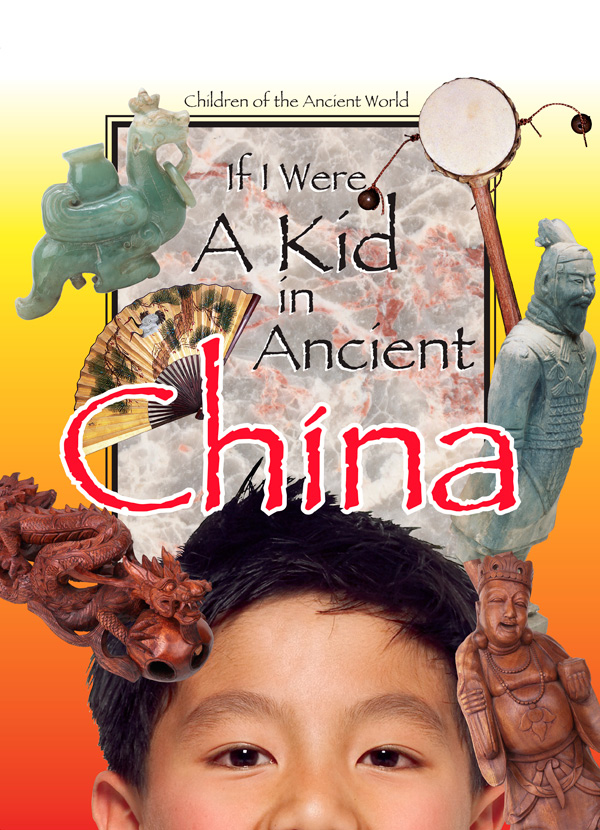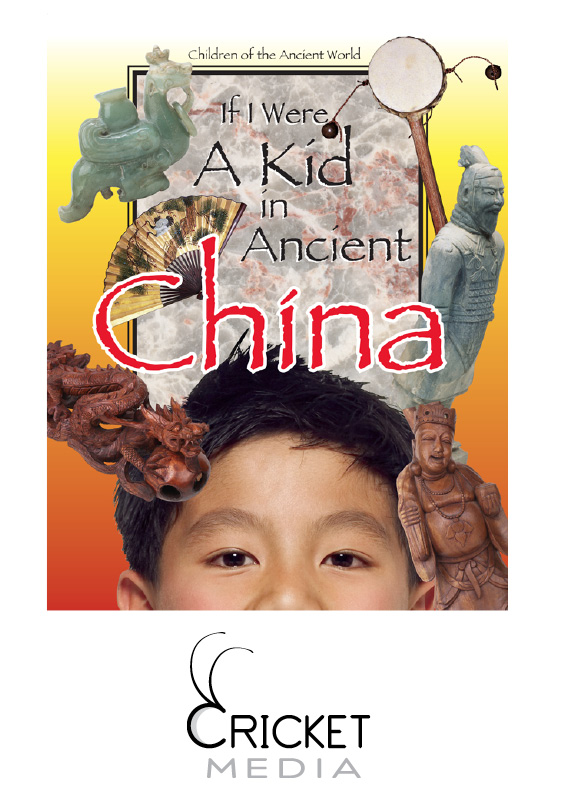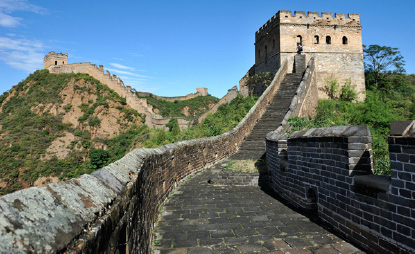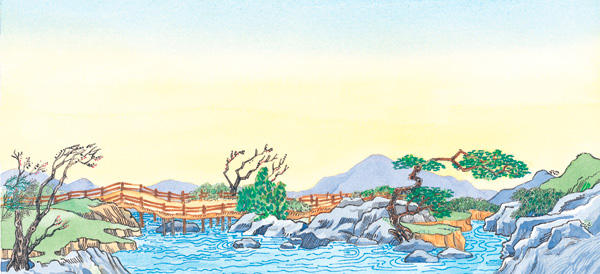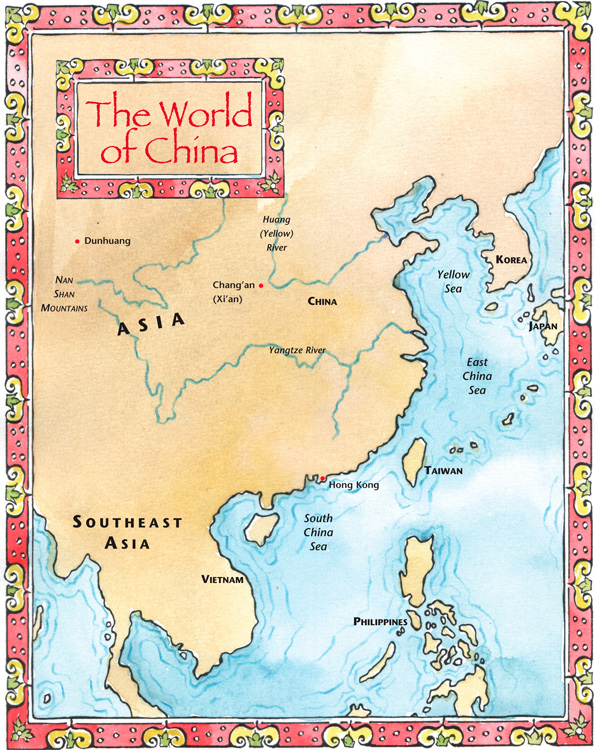Imagine that youre a kid in the ancient world. Everything would be differentor would it? Theres one way to find out! Take a step back in time and discover how kids like you lived in the days of ancient China.
Imagine living in a place where paper, spaghetti, and toothpaste were part of your daily life. Sound like a place near you? It isnt. This amazing place is ancient China. If you lived there, what would your life be like? You might have to work in the fields of your familys farm. At school, you would memorize thousands of characters instead of the twenty-six letters of the alphabet. If that sounds tough, dont worry! Youd have plenty of fun, too. You could relax with your fluffy puppy and play with kites and yo-yos. You might even take part in creating some of the worlds greatest inventions.
There many things about being a kid in ancient China that arent very different from your life today. There are also things that we still enjoy today that had their start in ancient Chinese life. So one of the best ways to begin our time travel is to look at some of the inventions from ancient China that we still use today.

Ever wonder who came up with many of the ideas we have today? Maybe youre reading this book, which is printed on paper, with eyeglasses perched upon your nose. You can thank the Chinese for these inventions and many more.
Some people estimate that half of all basic inventions originally came from China. From the toothbrush, toothpaste, and toilet paper to a seismograph instrument for recording earthquakes, the Chinese thought of it first.
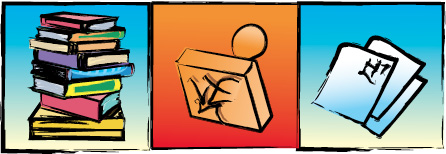
On the Block
Today, we take printed books for granted. Until the late 1400s, the only way to make books in most of the world was to hand-copy them. But the Chinese had long used block printing. They carved words on wooden blocks, put ink on them, and pressed paper down on the blocks. This way, they could make as many copies as they wanted. Johann Gutenberg simply improved on the Chinese idea of block printing when he developed the first printing press.
Making Paper
Cai Lun of China is credited with the invention of paper in a.d. 105. His experiments involved soaking the inner bark of the mulberry tree in chemicals, then pressing it dry. Paper made from wood pulp soon became an inexpensive replacement for more expensive materials like silk, bamboo, and parchment (made from animal skins).

Shake, Rattle, and Roll
Back in a.d. 132, Chang Heng made a device to record earthquakes using eight copper dragons placed on fine springs around a bowl. In the center of the bowl, a metal toad sat with its mouth open. The dragons had copper balls resting in their mouths. When an earthquake occurred, the dragon closest to the source dropped its ball into the mouth of the toad.
Bug Versus Bug
Back in the third century a.d. , the Chinese experimented with using insects to kill other insects and protect their mandarin oranges from harm. Today, scientists are building on this Chinese idea so they can avoid using chemicals that may hurt the environment.
The Chinese were the first to use coal for heating, and the first to build a planetarium. They invented a stirrup so soldiers could more easily mount and then stay on a horse. They also were the first to use a parachute. They invented kites (originally as a form of communication), the yo-yo, gunpowder, the compass, the wheelbarrow, the umbrella, waterproof clothing, and rubber. Add to this list the shiny pottery called porcelain, silk cloth from the cocoons of silkworms, and even the spaghetti found on your dinner plate. These are just some of the many gifts the Chinese gave to the world.

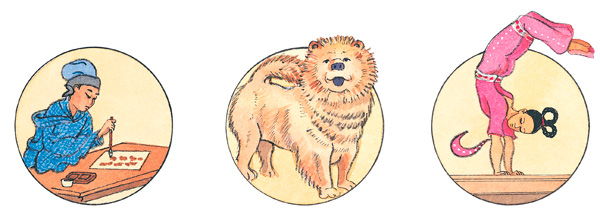
But what was life actually like in ancient China?
Lets pretend you are living in China in the year a.d. 100. You are very special. In fact, all Chinese children are considered special, and your parents call you Precious Child. Of course, old people are even more special. Your grandparents are honored for their wisdom, and you are very respectful toward them.
If you are royal, you are very wealthy. Last night, you might have fallen asleep to songs played on a stringed instrument. Today you might wear a beautiful silk brocade jacket. If you are not royal or wealthy, you may be very poor. Many Chinese peasants live on farms. Rice growing is an important job, so you may work in a rice field.
If youre a girl, youre lucky to have been born now and not 1,000 years later. The painful practice of foot binding is not yet fashionable. But youre not completely free. Confucian teaching says that a maiden obeys her father, a wife her husband, a widow her son. Still, there is a slight chance that you have been educated. Perhaps you have heard of the writings of Ban Zhao. She is a famous historian. The emperor has hired her to teach the empress and other ladies of the court.
As a Chinese youngster, you may have a fluffy little dog called a Chow Chow. Chow Chows have become popular in the last hundred years or so. They are one of the oldest breeds of dogs and have an unusual blue-black tongue.
You have probably heard tales of the Silk Road. Trading caravans are traveling the vast western expanses of China to bring fine silk and other goods to the barbarians of the Roman Empire in the west.
You may practice acrobatics, diving through flames, and tumbling from high places. Perhaps you were brought into an acrobatic troupe to train at a very young age.


